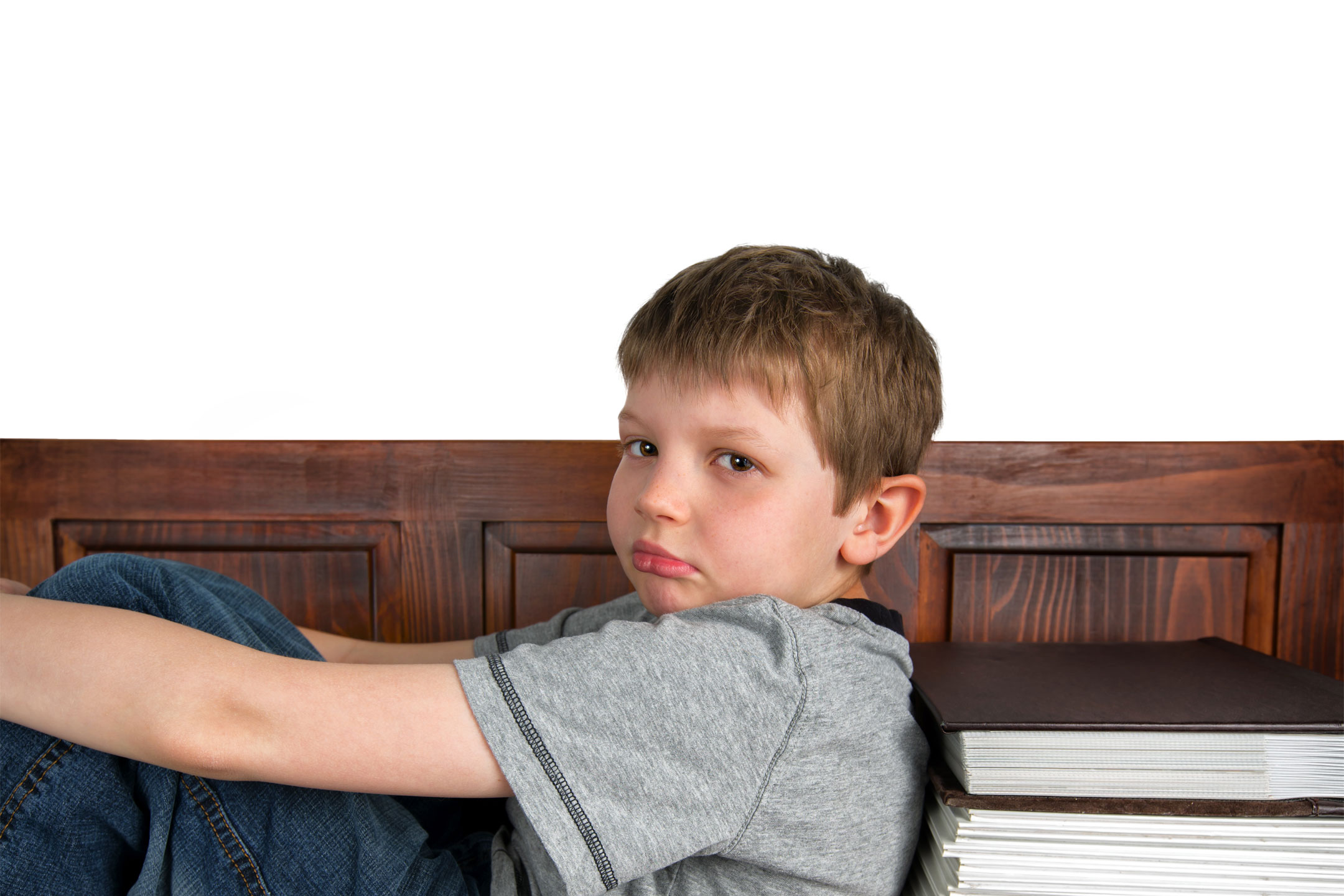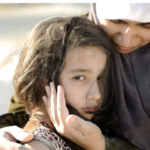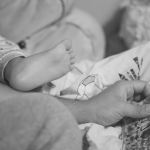
29 Aug Is your child’s resilience diminishing?
The way our children handle ‘small knocks’ is crucial, says Michelle Mitchell, as it will be the foundation for much bigger things. It’s during the small knocks that young people develop their response patterns to life’s future pressures.
Deteriorating resilience is similar to tears in a rubber band’s fibre before it hits a breaking point. Parents may describe a list of ‘not themselves’ signs that indicate a child’s usual strength is giving way under the strain. Emily, a mother of three, describes her usually resilient 10-year-old son. This description reminds me of the many discussions I have had with families during their child’s toughest times. She says that Joe may:
- Break down in tears
- Say, ‘I can’t do it. I’m not good enough.’
- Compare himself to what other kids look like (e.g. ‘he’s taller than me’)
- Feel that all expectations are too much
- Put unrealistic expectations on himself
- Talk negatively about his body (e.g. ‘the girls won’t like me because I am puny’)
- Get frustrated and annoyed with siblings
- Talk negatively about himself (e.g. thinks he has failed an exam when he hasn’t)
- Blame teachers
- Blame me!
- Get anxious to visit new places.
Educators…share insights into what it looks like when a child’s resilience begins to deteriorate.
Stuart Taylor, Head of Secondary School, Genesis Christian College says, ‘I see children who are able, begin to retreat. They might hit Year 3, 8 or 9 where there is natural change in what is expected of them. During this time they have to change their study habits, and often have their first taste of failure. At school, there is an emphasis on getting things right, but they learn more from failing than playing it safe. I get concerned when kids don’t make a distinction between their identity and level of achievement.’
Paul Valese, Principal of Mueller College, says, ‘Opting out of activities is a big sign. I’m not just talking about truancy but pulling back from sports, drama, arts, social interactions … or whatever they used to enjoy doing. Once young people start taking the easier route and pull away from pressure, they start saying, “I can’t,” instead of “I will try”.’
Julie Higgins, Wellbeing Coordinator at St James College, says, ‘I know teens are struggling with resilience when they are trying to please people. They become more aware of what is popular than what is right. I see young people follow the crowd once they have suffered a setback and lost their confidence. They are no longer prepared to risk standing out from the pack. ‘When you ask young people how they feel when they lack resilience the feedback is strikingly similar.
Here are a few statements from 14-year old’s I taught this year:
I hate myself, and I feel ugly. I am thinking about what people think of me constantly.
I feel stupid and think, ‘What’s wrong with me?’ I don’t want to try new things, especially sports in front of people. I am worried about looking stupid.
I feel sad. It’s like I am dropping into a dark pit.
I can’t go to sleep at night, so I just stay on my phone. I keep comparing myself to other people and I feel trapped in my head.
I just don’t want to go to school. I want to sleep.
I eat lots. I just want to make myself feel better. The last thing I want to do is get up and do homework or assignments. Everything feels too hard.
We can’t dismiss or understate our child’s daily experiences. They require our full parental attention.
Michelle is an educator, author and award-winning speaker whose passion is to support families as they build resilience in young people. In 2000 Michelle left teaching and founded Youth Excel, a charity which supported thousands of young people with life skills education, mentoring and psychological services. Michelle’s hands-on experience in the health and wellbeing sector has made her an engaging and sought after speaker. She lives in Brisbane, Australia with her husband and two teenagers.
 Michelle Mitchell’s “Everyday Resilience: Helping Kids Handle Friendship Drama, Academic Pressure and the Self-doubt of Growing Up”. It is suitable for parents of children 6 – 17 years old and has a school issues focus. This book is available in all good bookstores. Published by Big Sky Publishing, RRP $24.99.
Michelle Mitchell’s “Everyday Resilience: Helping Kids Handle Friendship Drama, Academic Pressure and the Self-doubt of Growing Up”. It is suitable for parents of children 6 – 17 years old and has a school issues focus. This book is available in all good bookstores. Published by Big Sky Publishing, RRP $24.99.







